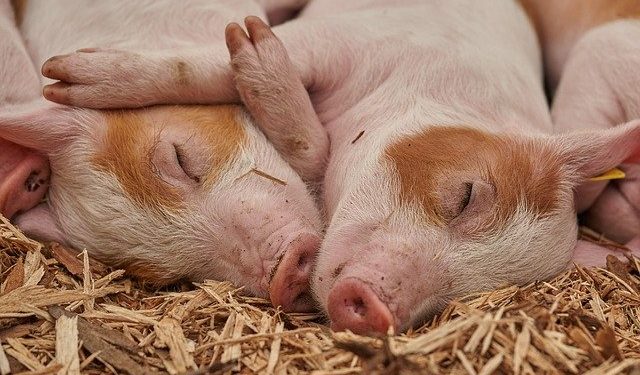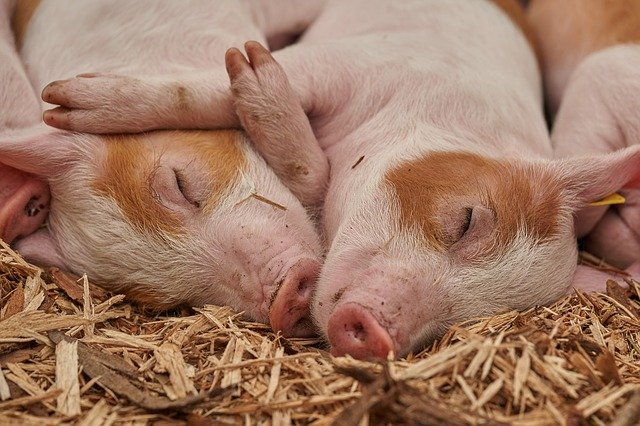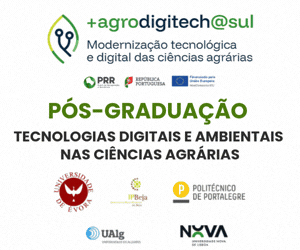Though the past year delivered social, economic, health and personal difficulties that challenged people across the globe, science strutted its stuff. As the public looked to scientists to help them understand COVID-19 and deliver effective vaccines, they began looking more favorably upon a powerful tool known as genome editing. Here are five reasons why genome editing — popularized as CRISPR — is finding public acceptance and facing a bright future.
1. CRISPR researchers win the Nobel Prize
The revolutionary gene editing technology CRISPR has been called the most important scientific discovery of the 21st century and 2020 may have been the year it became a household name. Not only did the CRISPR documentary film “Human Nature” hit Netflix at a time when lockdowns meant we all watched more streaming content than ever before, but the powerful gene editing tool also got the ultimate seal of approval from the science community.
Researchers Emmanuelle Charpentier and Jennifer A. Doudna were awarded the 2020 Nobel Prize in Chemistry for their pioneering roles in the development of CRISPR-Cas9 gene editing. Working together in the early 2010s, Charpentier and Doudna discovered that they could cut any DNA molecule at a specific, predetermined site. Since then, the CRISPR-Cas9 “genetic scissors” have been used in countless creative ways in the fields of medicine, plant science and animal welfare. Many believe that the technology will pave the way for curing human diseases and combatting climate change.
“There is enormous power in this genetic tool, which affects us all. It has not only revolutionized basic science, but also resulted in innovative crops and will lead to ground-breaking new medical treatments,” Claes Gustafsson, chair of the Nobel Committee for Chemistry, said when the prize was announced in October.
2. Gene edited pigs approved for food and medical products
Move over salmon, here come genetically modified pigs. In December, the US Food and Drug Administration approved the use of genetically engineered pigs in both food and medical products. These so-called GalSafe pigs are just the second GM animal approved for food after AquAdvantage salmon, which grow to market weight in about half the time of a typical salmon. In a process known as intentional genomic alteration (IGA), GalSafe pigs have had alpha-gal sugar removed from their cells. This means that people who normally suffer allergic reactions to the sugar in pork, beef and other meats would be able to safely consume bacon, chops and other pork products. But the potential of GalSafe pigs goes well beyond food.
The pigs may also be used to produce human medical products free from alpha-gal sugars, including the blood-thinning drug heparin. The FDA said that tissues and organs form the pigs could also “potentially address the issue of immune rejection in patients receiving xenotransplants, as alpha-gal sugar is believed to be a cause of rejection in patients.”
“Today’s first ever approval of an animal biotechnology product for both food and as a potential source for biomedical use represents a tremendous milestone for scientific innovation,” FDA Commissioner Stephen M. Hahn said in a press release. “As part of our public health mission, the FDA strongly supports advancing innovative animal biotechnology products that are safe for animals, safe for people, and achieve their intended results. Today’s action underscores the success of the FDA in modernizing our scientific processes to optimize a risk-based approach that advances cutting-edge innovations in which consumers can have confidence.”
3. Second Green Revolution
New research shows the potential for genome editing to revolutionize agriculture and usher in a second Green Revolution by allowing plant breeding to be performed at an unprecedented pace and in an efficient and cost-effective way. This is expected to propel plant breeding to go beyond its current limits. As the technology rapidly expands, it has been applied to major cereals such as rice, wheat and maize, as well as to other crops important for food security, such as potato and cassava. Another exciting frontier can be found in engineering the microbiome, which is considered to be a “second genome” in plants. This approach has already had a significant effect on agricultural production, researchers found.
Genome editing is predicted to help plant breeders develop crops that can withstand the impacts of climate change, reduce agriculture’s environmental impact, support global food security, offer nutritional benefits and ensure that the planet’s expanding human and livestock population has enough to eat.
4. Latin America leads
Researchers in Latin America are using gene editing to breed hardier varieties of staple crops and fruits, including rice, beans, cassava, cacao, tomato, kiwi, yeast and banana. The work ranges from making the crops climate-resilient to improving the digestibility of beans and conferring disease-resistance. Researchers say the work is important because farmers urgently need seeds that can withstand the climate change effects already present in the Latin American region. It’s also critical because it represents the role that researchers in the Global South will increasingly play to address the needs and challenges specific to their region.
5. Catering to consumers
A Japanese startup, Sanatech Seeds, has introduced the first genome-edited tomato, which offers high levels of Gamma-AminoButyric Acid (GABA). That’s an amino acid that can help to lower blood pressure.
It is one of the emerging gene-edited crops directed specifically at consumers, rather than farmers or food processors. Equally important, Japan has determined it will not apply the same cumbersome regulations that govern genetically modified crops to the tomato. This is important, because GMO regulations can add years and extensive costs to the approval process, slowing down innovation and making it difficult for start-ups and public institutions to compete against multinational companies. The United States plans to take a similar approach to regulating gene edited crops. That’s good news for consumers and a company like Pairwise, which is using genome editing to develop seedless berries and more nutritious berries and lettuce. Their goal is a worthy one: increase consumption of fruits and vegetables and make them more readily available.
As CRISPR, with its many applications, finds widespread appeal, private companies and public institutions are increasingly making gene editing part of their plant breeding toolbox. As they add traits that appeal to consumers, help plants withstand climate impacts and support the global food supply, their products are likely to gain even greater public acceptance. The only question now is whether entities like the European Union will join the gene revolution or restrict it through the use of outmoded regulations that not only hinder innovation but contribute to carbon emissions.
BY JUSTIN CREMER AND JOAN CONROW
O artigo foi publicado originalmente em Cornell Alliance for Science.























































Discussão sobre este post